After Hayao Miyazaki won an Oscar in 2002, the Academy’s ugly truth was unveiled with only American and European films winning for 20 years.
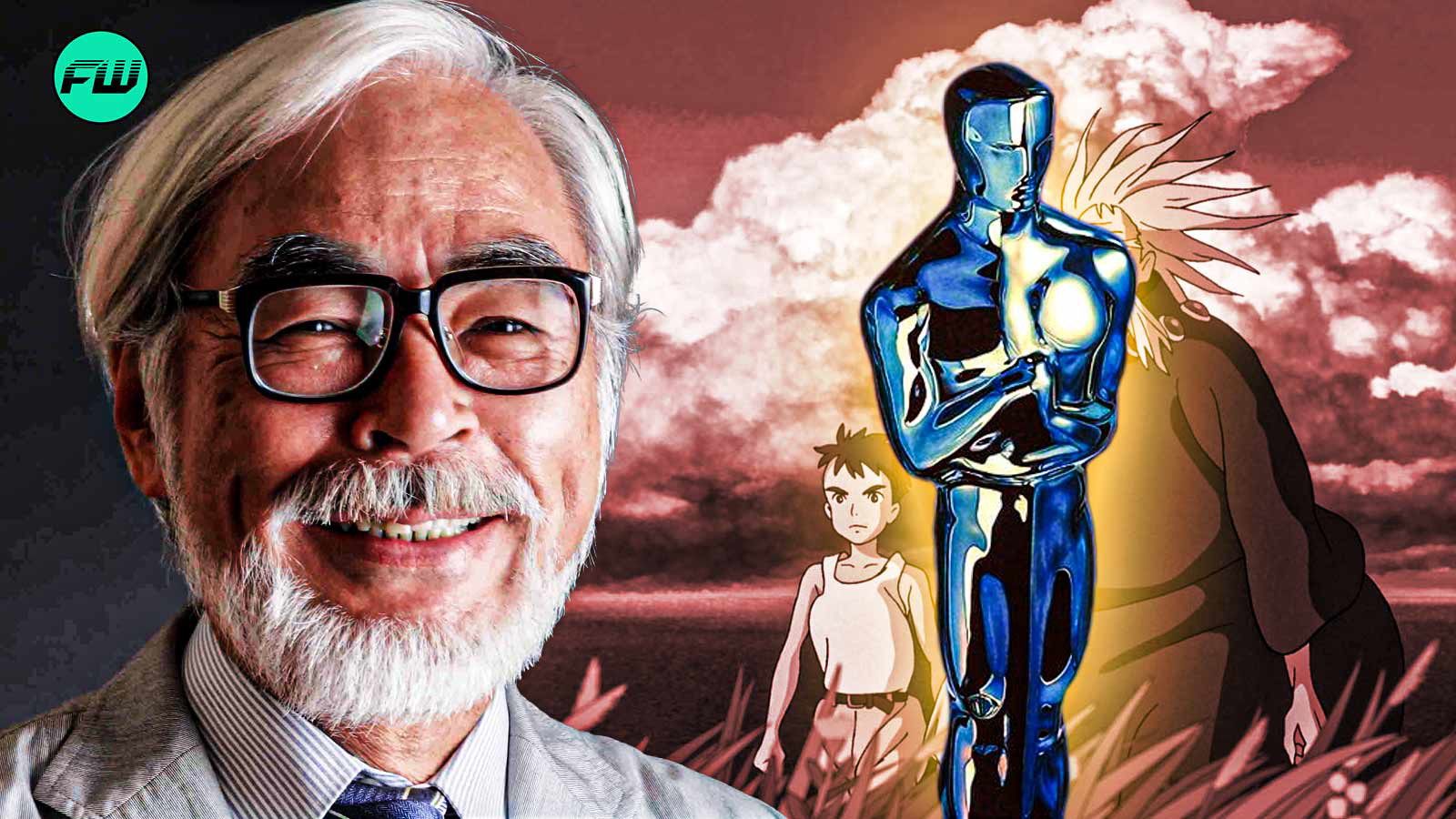
SUMMARY
Hayao Miyazaki’s Spirited Away won the Best Animated Feature at The Academy Awards in 2002, but the director was absent to protest against American attacks on Iraq.
Ever since then, films made by North American and European studios (mainly Disney and Pixar) have won the Best Animated Feature award for more than two decades.
The Academy’s struggle to make American films look superior to those of other countries despite claiming to be a progressive and art appreciating institution has come to light.
Hayao Miyazaki won his first Oscar with Spirited Away in 2002, but it wasn’t until more than two decades later that he won his second Academy Award. This time, it was for The Boy and the Heron, his 2023 film. But why the huge gap between his wins? Was he retired in the meantime, or did the Oscars find better international animations to award? Turns out it’s none.
While Hayao Miyazaki’s first win gave audiences hope that the Oscars appreciate truly great creations no matter what corner of the world they are from, the subsequent years were quick to snatch that slither of hope away.
The Oscars Best Animated Feature Category is Dominated by Disney/Pixar Films
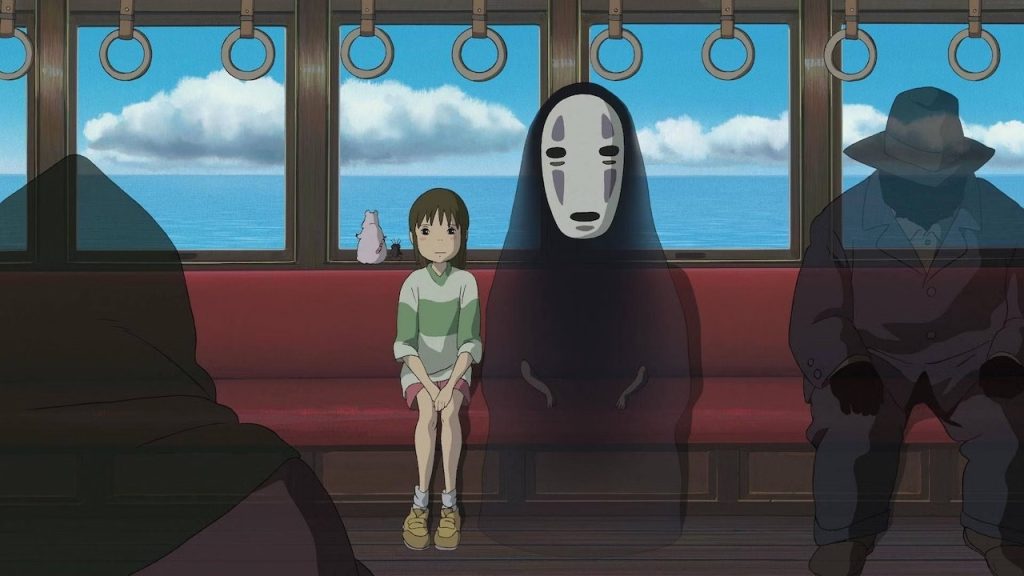 Spirited Away by Hayao Miyazaki won the Best Animated Feature Academy Award in 2002 | Credits: Studio Ghibli
Spirited Away by Hayao Miyazaki won the Best Animated Feature Academy Award in 2002 | Credits: Studio Ghibli
Hayao Miyazaki won an Academy Award in the second year of the Best Animated Feature category’s introduction. However, since then, the outlook has been grim. Rather than recognizing and celebrating exceptional animated films from around the world, the Academy Awards have predominantly favored Disney and Pixar films.
For the next two decades, movies created by animation houses in North America or Europe have taken all the awards home. In these 20 years, the Academy Awards have failed to give a chance to creators from other countries to be recognized at the ceremony. According to the Rolling Stones, the Academy holds ties to America, which are inseparable. The Academy might pose as an institution of film culture, but the focus is on American film culture.
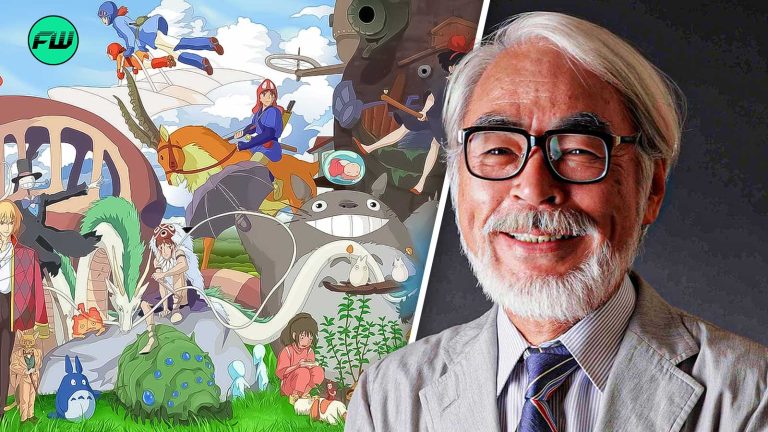
Movements like #OscarsSoWhite have subjected the Academy to intense criticism, forcing it to confront its shortcomings. In response to the backlash, Bong Joon Ho’s Parasite made history as the first foreign-language film to win the top Oscar, though some saw it as a strategic move to present the Academy as progressive. However, the Best Animated Feature category has yet to undergo similar reforms. It appears the Academy uses flashy gestures to maintain the image of progressivism while still promoting the notion that American art, particularly Disney and Pixar productions, holds a superior position, as evidenced by their numerous awards.
Hayao Miyazaki’s Oscar Win Exposed the True Face of the Academy Awards
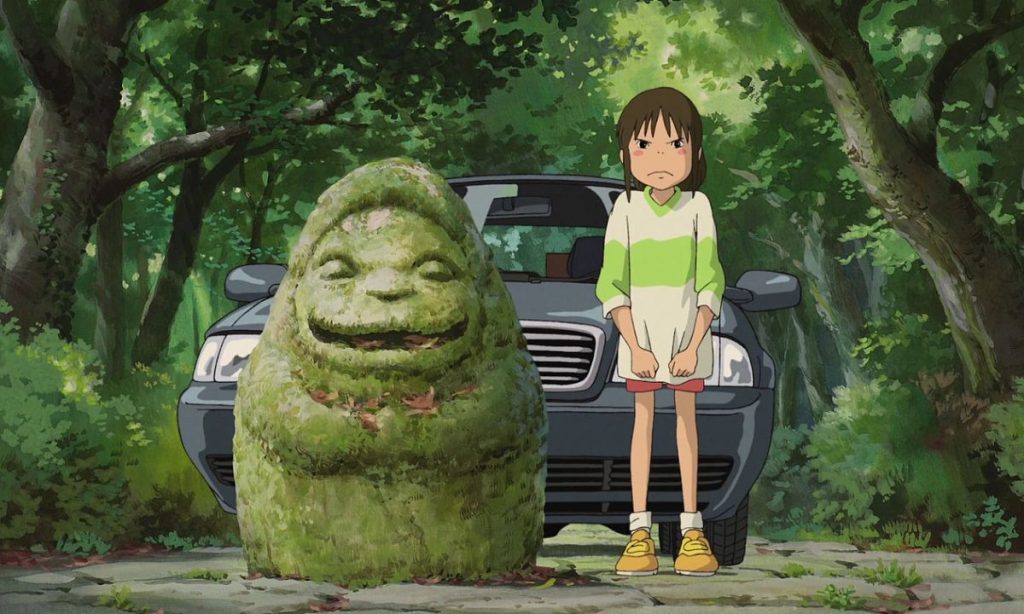 Spirited Away | Credits: Studio Ghibli
Spirited Away | Credits: Studio Ghibli
When Spirited Away won the Best Animated Feature award, Hayao Miyazaki was nowhere to be found among the attending creators. Presenter Cameron Diaz accepted the award on his behalf. While the director’s absence was shrouded in mystery at the time, Miyazaki cleared up the confusion in an interview years later.
Hayao Miyazaki spoke to LA Times about why he didn’t want to set foot at the Academy
The reason I wasn’t here for the Academy Award was because I didn’t want to visit a country that was bombing Iraq. At the time, my producer shut me up and did not allow me to say that, but I don’t see him around today. By the way, my producer also shared in that feeling.
-Hayao Moiyazaki
Miyazaki was born in 1941 and lived during the USA bombings of Hiroshima and Nagasaki. Fast forward 60 years, and the same country is raining terror on another Eastern area, leaving death, destruction, and grief in their wake. Inviting Hayao Miyazaki, who held no sentiment of fraternity with America, was a fatal mistake on the part of the Academy. A mistake they have been hesitant to repeat.
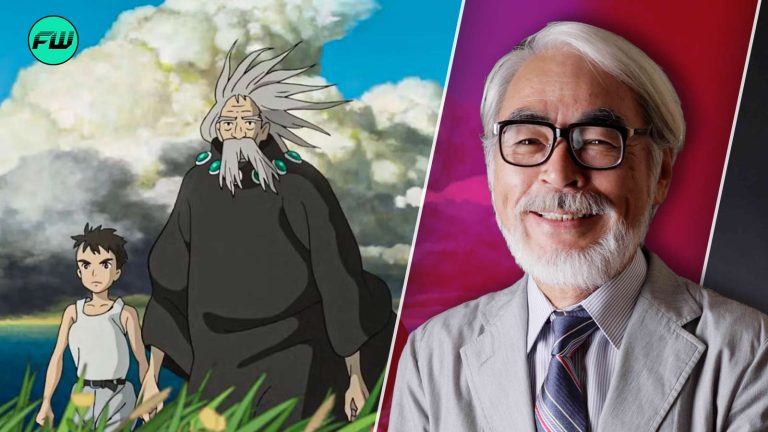
Studio Ghibli films have always shown a deeper narrative in their movies, even when they are targeted towards children. They also have extremely anti-war perspectives. Several of Hayao Miyazaki’s works criticize mankind for their follies. Howl’s Moving Castle was created out of the director’s negative sentiments regarding American imperialist policies. Princess Mononoke showed a war between mankind and nature. Nausicaa of the Valley of the Wind showcased a post-apocalyptic world.
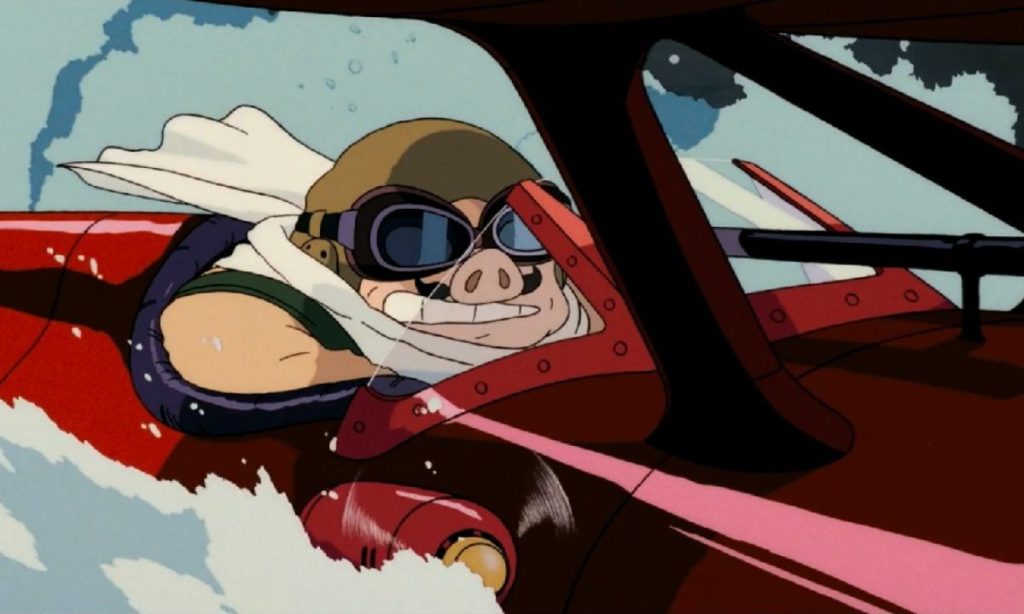 Porco Rosso | Credits: Studio Ghibli
Porco Rosso | Credits: Studio Ghibli
Porco Rosso was originally conceived as a short in-flight film for Japan Airlines, but the outbreak of war in Yugoslavia led to a shift in tone, as the film is set in Dalmatia. Hayao Miyazaki, deeply disturbed by humanity’s failure to learn from its mistakes, chose to reflect this in the movie, even if it meant moving away from a more child-friendly approach.


